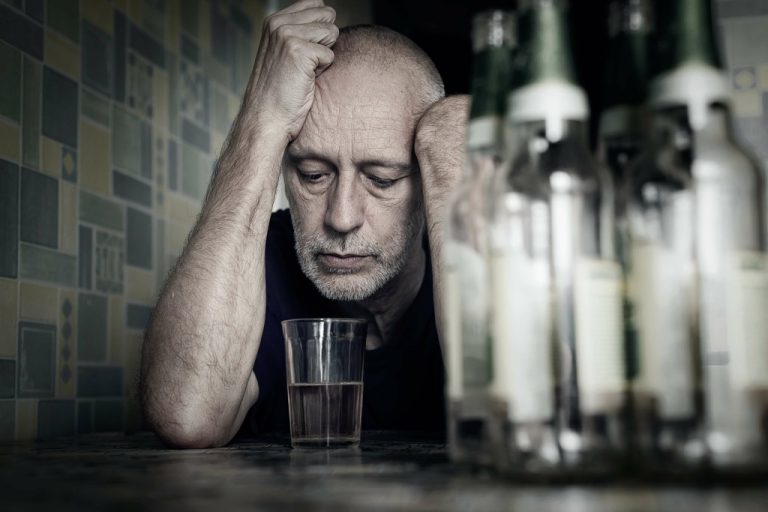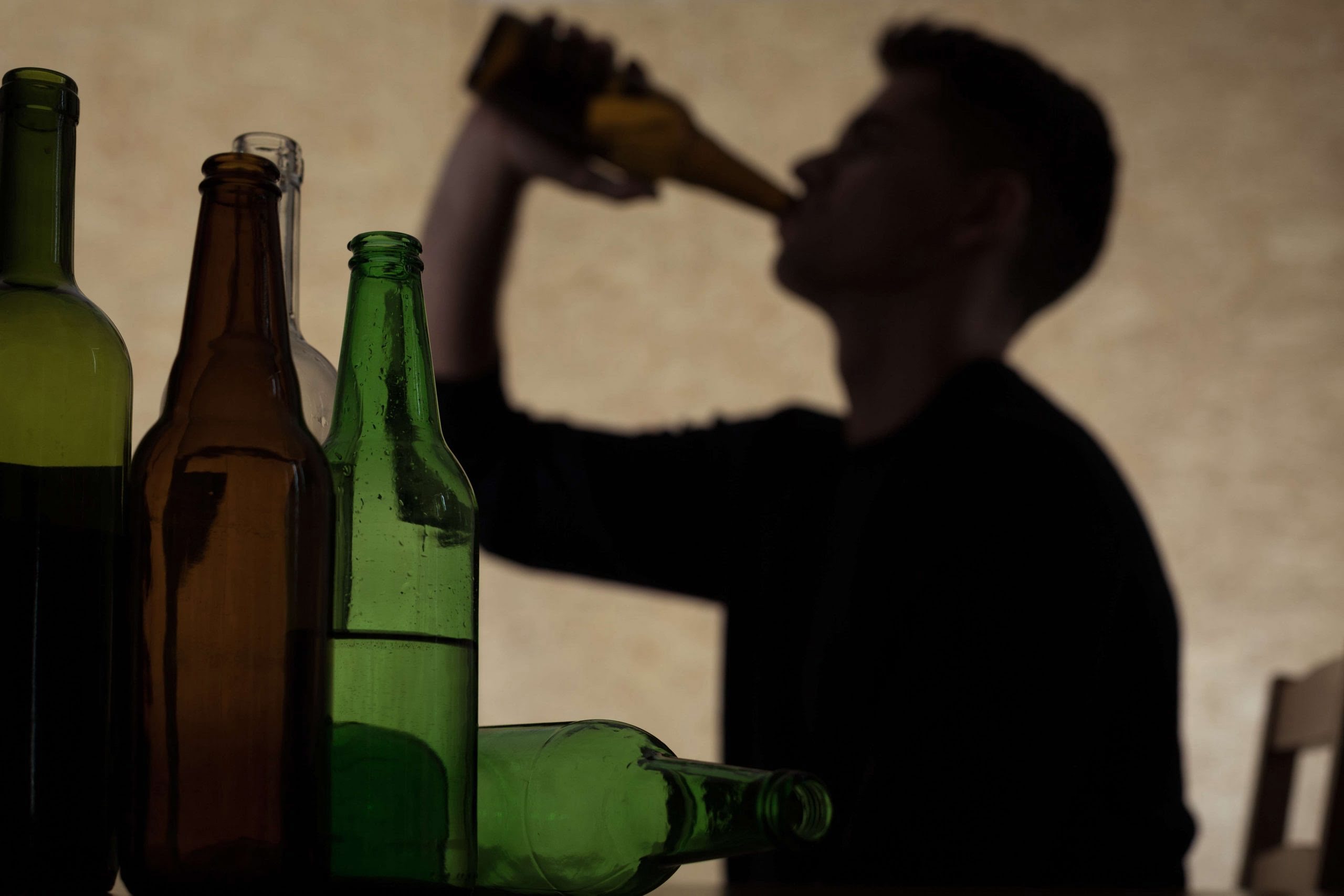The team at Northpoint Colorado knows how important it is to be in a caring, supportive environment as you take the first steps on the road to recovery. Contact us today to learn more about alcohol detox and rehab and how we can help. However, with frequent and excessive drinking, your brain gets used to alcohol triggering that big release of dopamine and it can slow down natural dopamine production. This can lead to cravings since your brain feels like it needs alcohol to release that key hormone.
Residential & Detox
It binds to and blocks opioid receptors in the brain, which reduces the buzz and intoxicated feeling you get from drinking alcohol. Internal triggers are thoughts, feelings, sensations, and beliefs inside you that feed your cravings for alcohol. It’s important to note that you may or may not be aware of these external triggers as reasons for your alcohol cravings. These cravings can be frustrating if you’re trying to cut down on alcohol, drink less or stop drinking completely, but they are quite normal.
Medication-assisted Treatment for Curbing Alcohol Cravings
A therapist can work drug addiction treatment with you one-on-one to identify these issues and develop coping strategies for managing them in a healthy way. While herbal remedies can be helpful for reducing alcohol cravings, it’s important to remember that they’re not a substitute for professional medical advice or treatment. If you’re struggling with addiction, it’s important to seek professional help and develop a comprehensive treatment plan that addresses all aspects of your health and wellbeing. Whether you’re wondering how to deal with alcohol cravings or need help managing withdrawal symptoms, our team is here to support every step forward.
Routines, Habits, and Drinking Triggers
Learning how to stop alcohol cravings means identifying your external triggers and either limiting your exposure to them or having a plan of action to assist you when they come into play. Medications like naltrexone can reduce cravings by blocking the brain’s endogenous opioid system, and therapy can help people influence cravings to prevent undesired behaviors. Alcohol cravings are particularly problematic for people with alcohol use disorder, and reducing cravings is correlated with lower rates of abuse and relapse from sobriety. If you or a loved one is struggling with alcohol addiction, we can help at United Recovery Project.
- Engaging in regular physical activity releases dopamine, positively affecting mood and reducing stress levels.
- Ultimately, I did discover L-glutamine during post-acute withdrawal – but much later than I should have.
- Internal triggers can have a strong influence on your desire to drink.
- But until it does, you’ll likely experience especially strong cravings.
Everyone’s experience is different, and the more resources you have in your toolkit, the greater your chances of success. You can do this, and speaking to a physician about naltrexone is a great next step to take. Genetics can play a role in the likelihood of developing alcohol use disorder (AUD), and help in the effectiveness of naltrexone itself. Cravings can feel overwhelming, especially when you’re trying to change your relationship with substances like drugs and alcohol. Understanding cravings and how to manage them is essential to remain out of active addiction and maintain long-term sobriety.
Get Your Free Drink Less Quick Start Guide

Meditation, practiced on your own or via guided meditation, can help you learn to react less to alcohol cravings (8). This can be a key to breaking the hold that your triggers to drink have on you. We also appreciate the inclusion of Guarana and Inositol, which may provide mood support and emotional health. Low blood sugar mimics alcohol hunger and triggers that hollow pit feeling.
- Whether you have space for an outdoor garden or prefer indoor plants, gardening can be a rewarding hobby that keeps your mind focused on something positive.
- Everyone’s body and brain recover at their own pace, shaped by their past drinking patterns, physical health, emotional state, and even daily routines.
- From brain chemistry and behavioral strategies to tech tools and emotional reframing, this is your go-to resource for surviving (and thriving through) cravings on your sobriety journey.
- These medications work by either reducing the pleasurable effects of alcohol or causing unpleasant side effects when alcohol is consumed.
Dove Recovery
Purpose offers accredited alcohol rehab programs to provide stable and effective support for sobriety, from medical detox to inpatient rehab and outpatient programs. Part of the detox process includes maintaining adequate hydration levels, keeping the metabolism moving, and ensuring you don’t suffer the negative side effects of dehydration. Did you know that dehydration is regularly mistaken for hunger?

Seek Professional Help
Individuals are then dealing with urges how to reduce alcohol cravings to drink or use drugs, which can be difficult to navigate. These desires can emerge due to various triggers, both external and internal, making it crucial to understand their nature. While home remedies can be helpful when you’re struggling with alcohol cravings, some people may benefit from taking medications to help reduce their cravings. Medications can treat chemical imbalances and make it easier to abstain from drinking. Alcohol cravings can occur when a person is undergoing alcohol withdrawal. Cravings tend to be worse when a person has tried to detox from alcohol several times in the past.
